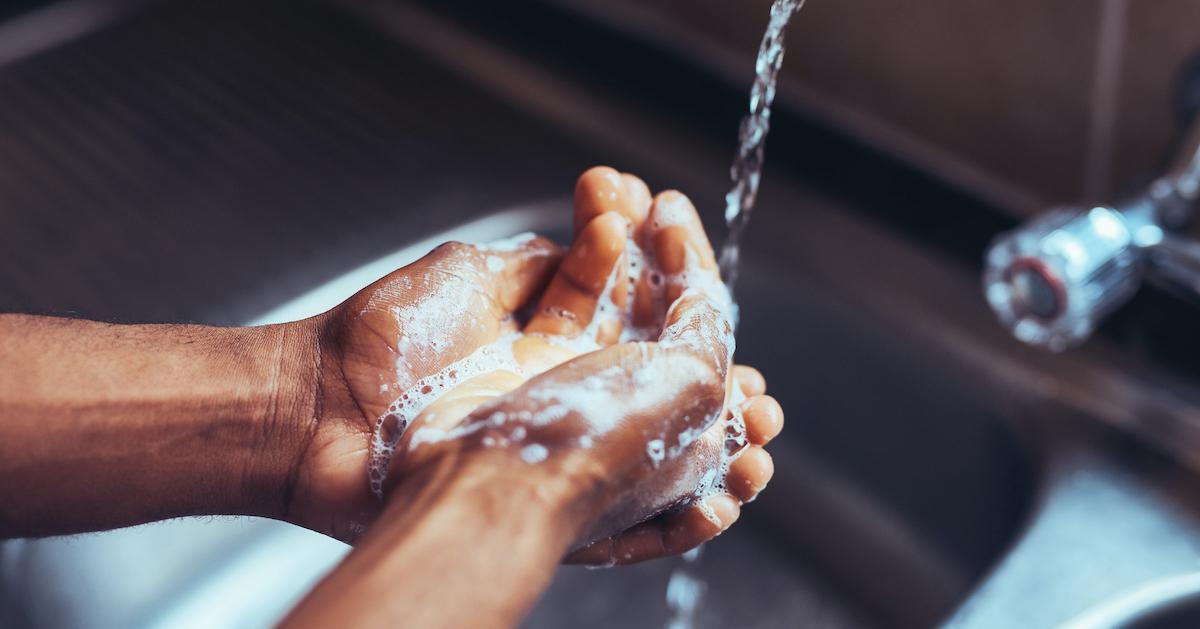
Ways to Conserve Water at Home: Tech Tips for Every Household
Share

Introduction
In the modern age of technological advancement, finding innovative ways to conserve water at home has become increasingly vital. As tech professionals and enthusiasts, embracing technology not only enhances our lifestyles but also aids in addressing pressing environmental issues such as water conservation. With a rapidly growing global population and increasing water scarcity, implementing smart solutions in our homes can significantly contribute to this cause.
This article aims to explore various ways to conserve water at home by integrating technological solutions and smart practices. By adopting these methods, you can play a crucial role in preserving this precious resource while also enjoying the convenience of modern technologies.
Smart Home Technologies for Water Conservation
1. Smart Irrigation Systems
One of the most effective ways to conserve water at home is by using smart irrigation systems. These systems utilize weather data and soil moisture sensors to optimize water usage for your garden or lawn. By only watering when necessary, you can prevent overwatering and save a significant amount of water. The smart irrigation system is a perfect example of how technology can seamlessly integrate with nature to promote sustainability.
For more insights on implementing smart irrigation, check out this [article on smart water management](https://iottechnologies.io/blogs/our-latest-posts/smart-water-management).
2. Water-Saving Faucets and Showerheads
Upgrading to water-saving faucets and showerheads is another simple yet effective method. These devices are designed to reduce water flow without compromising performance. Many models come with built-in sensors that detect motion, ensuring water only flows when needed. This not only conserves water but also reduces your utility bills.
3. Leak Detection Systems
Undetected leaks can lead to significant water wastage over time. Installing leak detection systems can help you monitor your home for leaks and alert you when one is detected. These systems can be connected to your smartphone, allowing you to receive real-time notifications and take immediate action to fix any issues.
Learn more about sustainable water use by visiting this [article on sustainable water use](https://iottechnologies.io/blogs/our-latest-posts/sustainable-water-use).
Behavioral Changes and Practices
1. Conscious Water Usage
Incorporating conscious water usage habits is essential for water conservation. Simple actions like turning off the tap while brushing your teeth or using a broom instead of a hose to clean driveways can make a big difference. Encourage family members to adopt these habits and contribute to the overall effort.
2. Rainwater Harvesting
Rainwater harvesting is an age-old practice that remains relevant today. By collecting and storing rainwater, you can use it for various non-potable purposes such as watering plants, flushing toilets, and cleaning. Implementing a rainwater harvesting system is a great step towards reducing your reliance on municipal water supplies.
For a detailed guide, refer to this [article on rainwater harvesting systems](https://iottechnologies.io/blogs/our-latest-posts/rainwater-harvesting-system).
3. Greywater Recycling
Greywater recycling involves reusing water from sinks, showers, and washing machines for purposes like irrigation. By setting up a greywater system in your home, you can significantly reduce water waste and make the most of the water you use.
Explore more on [water-saving technologies](https://iottechnologies.io/blogs/our-latest-posts/water-saving-technologies) in this comprehensive article.
Conclusion
Adopting technological solutions and smart practices in your home is crucial for effective water conservation. By incorporating smart irrigation systems, water-saving devices, and adopting sustainable habits, you can contribute to a significant reduction in water usage. As a tech enthusiast, leveraging technology to address environmental issues not only benefits the planet but also enhances your quality of life.
For additional tips and resources, consider visiting the [EPA's water conservation page](https://www.epa.gov/watersense/start-saving) for more information.

FAQ Section
1. What are the benefits of using smart irrigation systems?
Smart irrigation systems optimize water usage by using weather data and soil moisture sensors, which prevents overwatering and saves water.
2. How can I detect leaks in my home?
Installing leak detection systems can help monitor your home for leaks and alert you to any issues, allowing you to take immediate action.
3. What is greywater recycling?
Greywater recycling involves reusing water from sinks, showers, and washing machines for non-potable purposes like irrigation.
